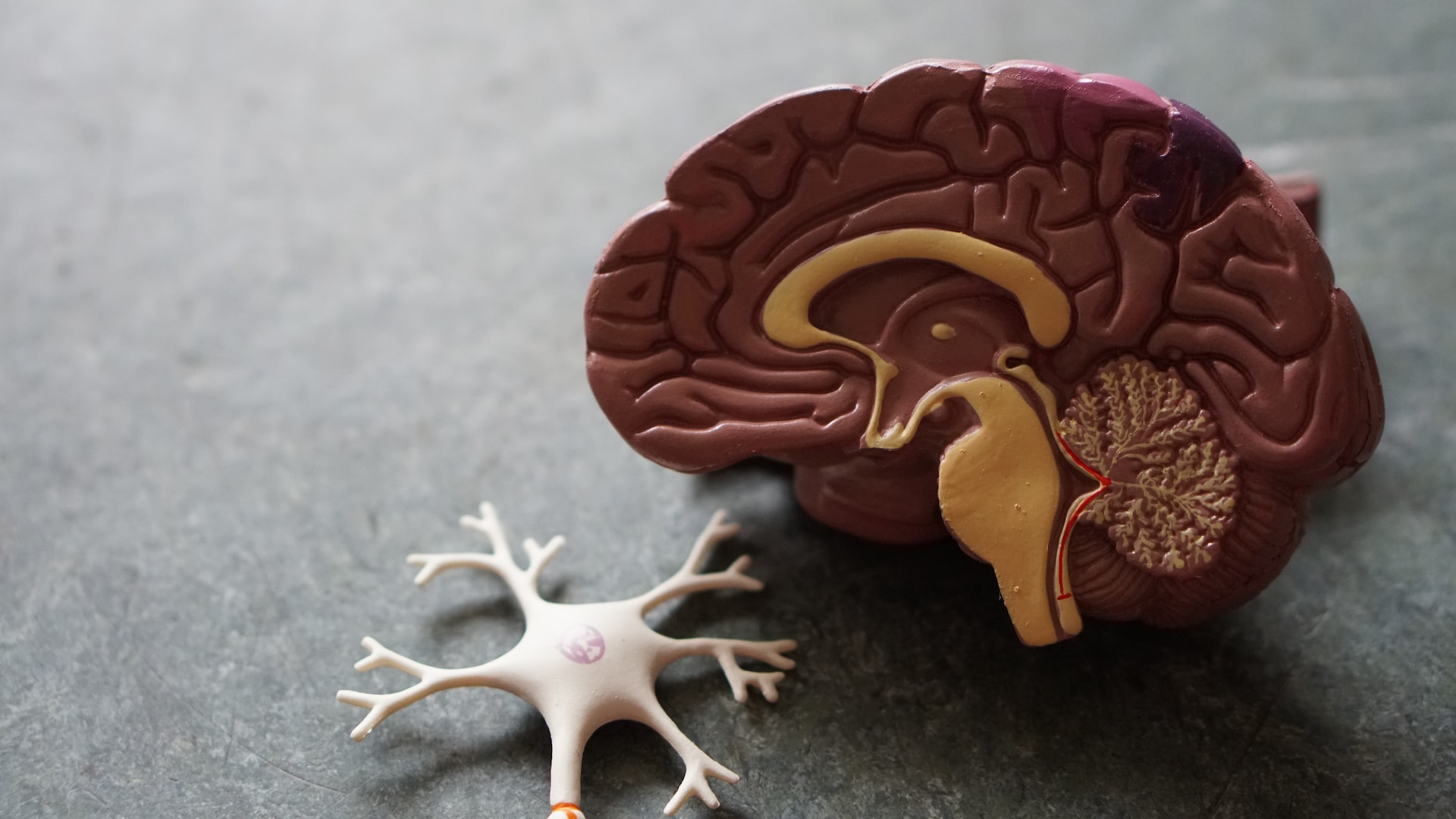How does aging impact your immune response and infection risk
As we age, our bodies undergo a series of changes that can affect how well our immune system works. This is important because our immune system is like a shield that protects us from infections and diseases. When it’s strong, we’re better at fighting off illnesses. But when it weakens, we become more susceptible to getting sick.
### Why Does Our Immune System Weaken with Age?
Our immune system is made up of two main parts: the innate immune system, which acts quickly to defend against infections, and the adaptive immune system, which remembers past infections and can mount a more targeted response. As we age, both parts of our immune system can become less effective. This is partly because our cells don’t regenerate as quickly as they used to, and some of our immune cells may become senescent, meaning they stop working properly.
### What Happens When Our Immune System Weakens?
When our immune system weakens, we’re more likely to get infections and diseases. This is because our body can’t fight off pathogens as effectively. Additionally, aging can lead to chronic inflammation, which is like a constant low-grade fire in our body. This inflammation can make us more prone to conditions like arthritis, diabetes, and even heart disease.
### Can We Do Anything to Keep Our Immune System Strong?
Fortunately, there are things we can do to help keep our immune system strong as we age. Exercise, a healthy diet, and getting enough sleep are all important. These habits can help reduce inflammation and keep our immune cells working well. Some research also suggests that certain genes and lifestyle factors can help maintain what’s called “immune resilience,” which is the ability of our immune system to bounce back from challenges.
### What Is Immune Resilience?
Immune resilience is like having a strong, flexible shield that can adapt to different threats. People with high immune resilience can better withstand infections and recover more quickly. Researchers have identified different types of immune resilience trajectories as we age. Some people maintain their resilience well into old age, while others may experience declines that they can recover from. Unfortunately, some people’s immune resilience declines permanently, making them more vulnerable to diseases.
### Conclusion
Aging affects our immune response by weakening our defenses against infections and diseases. However, by understanding how this happens and taking steps to maintain our immune resilience, we can reduce our risk of getting sick and stay healthier for longer. It’s not just about avoiding decline; it’s about optimizing our health and resilience throughout our lives.





